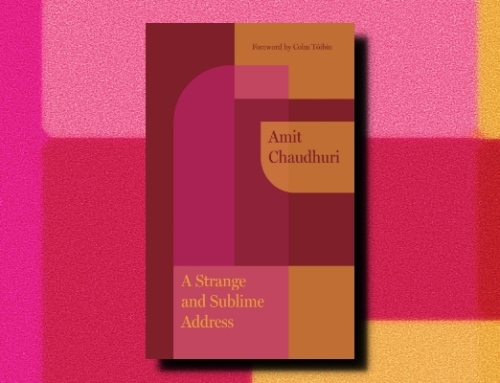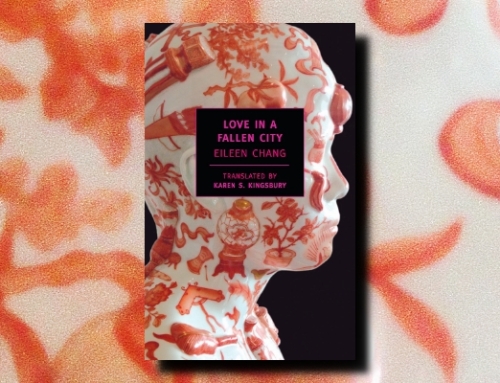The Word Is Murder
by Anthony Horowitz (2017)
Harper Perennial (2019)
390 pp
 Having really enjoyed Magpie Murders and its follow-up Moonflower Murders (and hoping for the third soon), I quickly scooped up another Anthony Horowitz mystery, The Word Is Murder (which has four sequels waiting for me, so maybe I’ll be set for a bit).
Having really enjoyed Magpie Murders and its follow-up Moonflower Murders (and hoping for the third soon), I quickly scooped up another Anthony Horowitz mystery, The Word Is Murder (which has four sequels waiting for me, so maybe I’ll be set for a bit).
This books has two intriguing premises that got me excited.
First, the mystery itself sets up an intriguing puzzle: A woman goes to a funeral home to plan her own service. A few hours later she is murdered. Was her trip to the mortuary just a morbid coincidence? But surely that would be one strange coincidence: to arrange your own funeral and then get murdered a few hours later. Did she know she was going to be murdered? The evidence at the murder scene suggests not. Naturally it gets very twisty.
Second, and even more exciting, Horowitz cast himself as the narrator of this book, a reluctant Watson to the fictional detective Daniel Hawthorne. One of my favorite aspects of Magpie Murders and Moonflower Murders was Horowitz’s fun examination of the mystery genre. I was very intrigued by another opportunity for him to get all meta.
Set around 2012, Horowitz situates his character by establishing what was going on in his own very real life. He’s had a lot of success, both in publishing, primarily for the Alex Rider YA books, and in television, known to me best as the creator of Foyle’s War. He and his agent hope he can find success as an author of adult mystery novels as well; indeed, he’s been able to start this already with his Conan Doyle Estate sanctioned The House of Silk. In 2011 his television show Injustice aired, and he says that in writing that he met a detective we will come to know: Daniel Hawthorne.
Horowitz didn’t particularly like Hawthorne.
Hawthorne certainly had a magnetic personality. Although, of course, magnets can repel as well as attract.
It’s not with pleasure, then, that one day, out of the blue, Hawthorne contacts him. His reason? Hawthorne is investigating the murder of the poor woman who planned her own funeral, and he sees the potential of having his brilliance memorialized in a book—Hawthorne Investigates. He’d like Horowitz to write it (though Hawthorne would clearly like Horowitz to simply observe and never ask questions).
And so our real-life Horowitz guides us through these two plots, with Horowitz and Hawthorne running around London to solve the murder mystery and Horowitz examining his questionable choice to become Hawthornes sidekick.
It’s interesting to me that Hawthorne remains an unlikeable character throughout. Aside from being prickly and aggressive with everyone, not the least with Horowitz, Hawthorne is private and doesn’t want to divulge much about his life or his thought process. How can there be a book called Hawthorne Investigates when Hawthorne remains such a mystery? And how can the book be a success in any event if Hawthorne is such a jerk? Horowitz apologizes a few times for including episodes where Hawthorne exposes himself to be bigoted against gay men. I wonder whether, in later books, some of his unlikeable characteristics will show themselves to be misunderstandings on our part. If not, the real life Horowitz, just like the fictional one, is being a bit risky by associating with such a person.
That’s, of course, some of what the book is exploring as well. All of these elements allow Horowitz to have a lot of fun examining how he writes a mystery, and what elements make a fun mystery anyhow? I’ve already bought book two.









I love the Hawthorne books. They seem like cosy mysteries but they’re not. The series is oh so well written and droll and the characters develop wonderfully. I really like the way that Hawthorne is not Horowitz’s (the character) alter-ego matter how hard Horowitz (the character) may try. You can never take Hawthorne (or Horowitz) at face value. Just because he is written a certain way, doesn’t mean his character is that way, or there is not an ulterior motive; ultimately revealed as a plot twist in this book – or the next. The characters evolve wonderfully. It’s a master class in how to write a mystery without bewildering the reader.
If this is your first Hawthorne book you’re in for a great ride. Horowitz (the real Horowitz) says that Hawthorne was originally based on a wonderful actor called Charlie Creed-Miles but I think his character seems to have changed as the series evolves and as the H’s get to know each other; tho Hawthorne remains elusive while Horowitz is always an open book
I am waiting waiting waiting for the latest book in this series from the library. Currently reading Madeline Miller’s wonderful The Song of Achilles (no spoiler but Patroclus and Achilles are nothing like Hawthorne and Horowitz).
The audio version of the Hawthorne series, with the wonderful Rory Kinnear as narrator, is also brilliant.